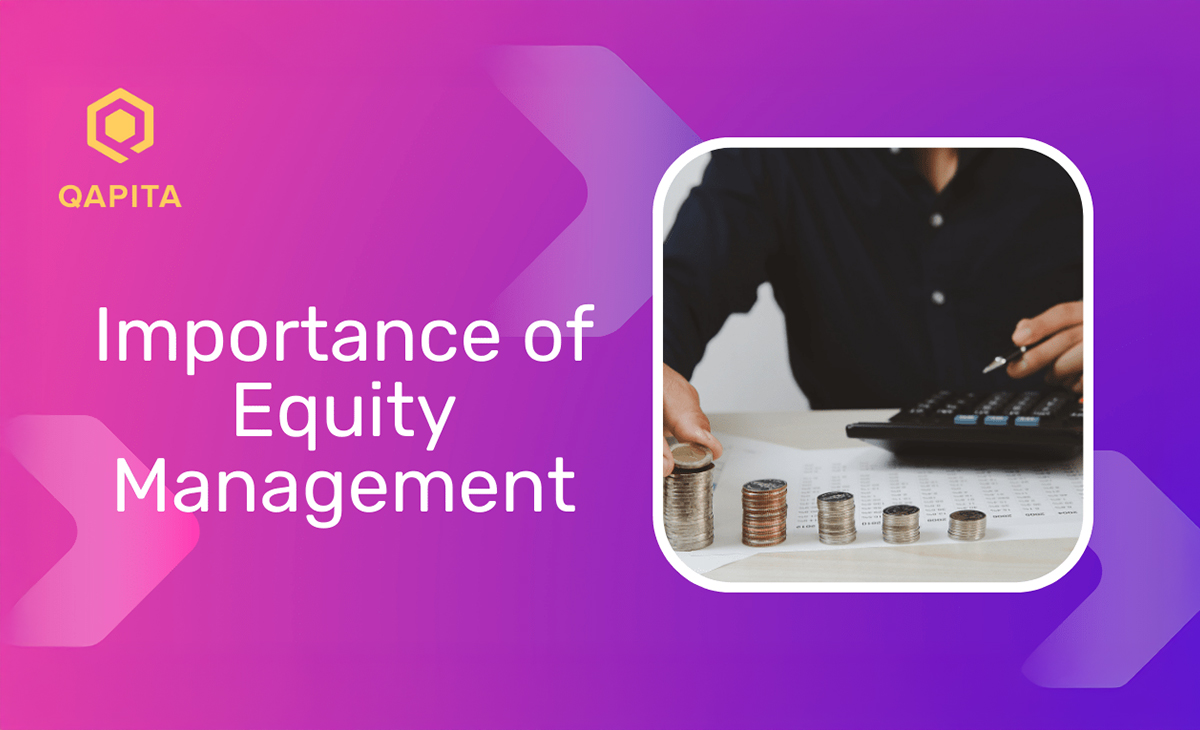Equity education is an important component of today's employee benefits, especially in emerging startups where equity compensation is used. Equity education goes beyond simple compensation and involves valuing the employees and reflecting that value through their compensation.
Employees must know how equity education works to optimally gain from equity-based plans. This guide will provide a brief to equity education, its significance, and how to communicate equity to employees.
Why is equity education important for employees?
Equity education aims at helping employees make sound decisions in matters concerning their financial life. When the employees understand the equity compensation, it has the potential of motivating them to improve their performance based on the company's goals.
In addition, it creates a culture of commitment and ownership that can be attributed to the increased stake held by the employees.
Lack of adequate education thus leaves employees with blind spots towards positive aspects of their equity compensation that could be viewed as part of their total compensation thus could make poor financial decisions.
How to educate employees about their equity compensation plan?
Educating employees about their equity compensation plans involves clear and consistent communication. Here are some strategies:
1. Onboarding Programs: Ensure equity compensation concepts have been included during employee onboarding. This could also involve sessions where specialists discuss these plans with employees, including stock options, restricted stock units (RSUs), among others.
2. Workshops and Webinars: Holding regular workshops and webinars can be useful to reduce the level of such concepts. Ideally, these should be question-and-answer sessions that provide employees with real-time information answers to their questions.
3. Educational Materials: Include simple materials in the form of guides, frequently asked questions, and how-to video clips. These concepts should be easily explained and available on access to internal use.
4. One-on-One Meetings: Individual meetings with the help of HR and financial specialists allow answering specific questions and advising.
How to communicate employee education?
Effective communication is key to successful equity education. Here are some best practices:
1. Clear and Simple Language: No technical, complicated financial vocabulary. They should not be written in too complex language and should be understood by all the employees.
2. Visual Aids: Make good use of figures, charts, and videos to present ideas that somehow are abstract. Every now and then, adding some art to what is being taught can help the learners grasp the information much easier.
3. Consistent Messaging: Provide ongoing communication about company performance and its impact on equity value. Lack of clarity and contradiction is one of the things that lead to confusion and distrust.
4. Feedback Mechanism: Design a feedback process that will enable employees to give their opinion on the educational materials and sessions. This can help to know where changes are required and if the content is relevant to the needs of the audiences.
Benefits of Communication Equity Plans to employees
1. Enhanced Understanding: When employees have all the information regarding their equity compensation, they are likely to embrace it and strive to make the company grow.
2. Increased Engagement: Well-educated employees are always active in their workplace, and they are more motivated. The employees are more loyal and focused on the company achieving its goals and objectives.
3. Retention: One advantage of equity education for employee relations is its potential to improve employee retention. Employees with information about the deferred gains of the equity compensation tend to remain with the company.
4. Trust and Transparency: Proper communication means that everyone is aware of any situations to avoid uncertainty. Employees feel valued and appreciated because the company cares about their financial success.
Conclusion
Equity education is an important aspect of the total benefits employees are bestowed with, especially in companies offering equity incentives. Company objectives can also be met by providing equity information to employees since understanding can be improved, attraction gotten, and loyalty encouraged. Equity education relies heavily on effective communication, so companies should strive to provide clear, consistent, and easily understandable information.
FAQs on Employee Equity Education
1. What is employee equity?
Employee equity is the ownership interest in a company offered to employees as remuneration. These can be equity incentives taking the form of stocks or stock options, restricted stock units (RSUs), and any other incentive that makes the employee stand to benefit from the company's positive performance.
2. How to give equity to employees?
There are several ways through which companies can grant equity to employees including issuing stock options, RSUs but mostly through an employee stock purchase plan or ESPP. Sometimes these grants are made to vest, meaning the employee must continue working for the company for a given time before he can consider them his own.
3. What is an equity plan for employees?
An equity plan for employees contains the provisions on which equity incentives would be expected to be received. It provides information on the types of equity offered, vesting schedules, eligibility criteria, and other relevant information. There are plans to link compensation and rewards systems to the company's performance and future visions and missions.


 Equity management
Equity management

 Fund management
Fund management

 Fund management
Fund management

 Fund management
Fund management













-min.png)






























